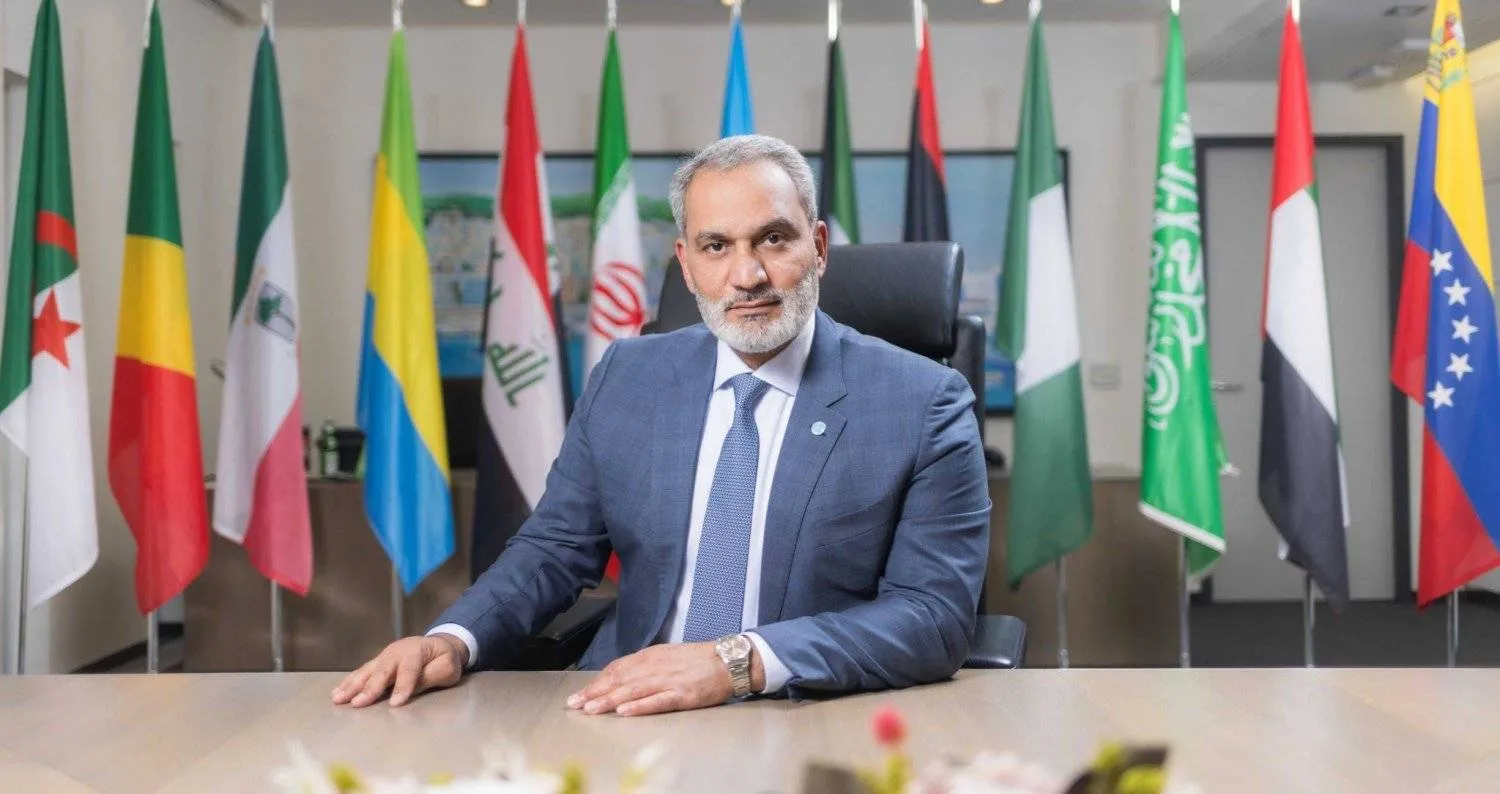The Secretary-General of the Organization of Petroleum Exporting Countries (OPEC), Haitham Al-Ghais, once again criticized the International Energy Agency (IEA), without naming it, saying calls to abandon oil are “wrong” and “unrealistic.”
He expected that oil would continue to play an important and vital role in global energy markets over the coming decades.
Al-Ghais’ statements to Kuwait News Agency (KUNA) came after a letter signed by US Republican lawmakers to the Executive Director of the International Energy Agency, Fatih Birol, saying that the agency has “strayed from its core mission” of safeguarding energy security and has emerged as a “cheerleader” for the green transition.
Saudi Aramco CEO Amin Nasser also described the phasing out of oil and gas as a kind of fantasy.
Speaking in Houston last week at the CERAWeek conference, he stated: “A transition strategy reset is urgently needed and my proposal is this. We should abandon the fantasy of phasing out oil and gas, and instead invest in them adequately, reflecting realistic demand assumptions.”
In an interview with KUNA, Al-Ghais warned of serious risks if oil production or use was halted. He expected that oil will continue to play an important and vital role in global energy markets for years and decades to come, pointing to its integral role in various essential daily activities worldwide, including transportation, travel, energy production, and manufacturing.
As for the main sectors that will be affected by the disappearance of oil, Al-Ghais said that the impact will extend to include means of transportation, whether by air, sea or land, emergency vehicles such as ambulances, food production, packaging and storage, in addition to medicines, hospital equipment and medical supplies.
He continued: “If oil disappeared, this would also affect the production of renewable energy, such as manufacturing of wind turbines and solar panels, as their production is linked to oil products.”
Al-Ghais further warned of catastrophic repercussions, as millions of people will lose their jobs, while industrial production and global economic growth will slow down. This will also exacerbate the crisis of energy poverty in many countries around the world at a time when millions lack the most basic electrical needs, such as lighting, he remarked.
The OPEC secretary general noted that the organization was now finding widespread support by voices calling for rationality to find realistic solutions, at a time when false information that is not based on scientific foundations has spread about this issue.
He pointed in this regard to reports about expectations of reaching a peak in demand for oil by 2030.
“Unfortunately, it is built on ideological foundations” that push for the abandonment of oil, gas, and fossil fuels in general.
Al-Ghais expected the size of the global economy to double by 2045.
“All these developments confirm that the world will need all available energy sources, as demand for energy is expected to rise by 23 percent, and global demand for oil will reach the level of 116 million barrels per day by the year 2045,” he said.









